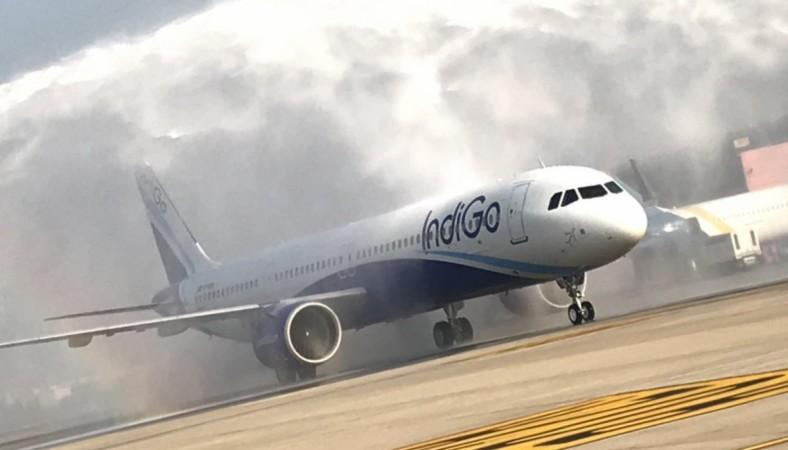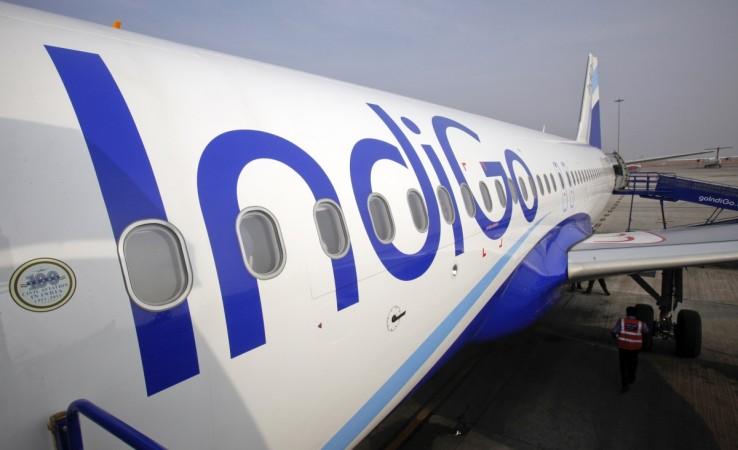
IndiGo co-founder Rahul Bhatia has made clear his reluctance to shed any of his powers, which had led to the differences with the other co-founder Rakesh Gangwal. The situation, which seemed to simmer down at last week's board meeting, has flared up again and many in the industry believe there is little room for Gangwal to make any headway in the company from now on. Here are the key points about the differences:
- Rahul Bhatia controls 38.3 percent shares in Interglobe Aviation Limited, the company that owns budget carrier IndiGo, through the shares he himself, his family and his InterGlobe Enterprises (IGE) owns.
- Rahul Gangwal, an NRI businessman with base in the US, controls 36.65 percent shares through the stake he and his family holds in InterGlobe Aviation Limited.
- InterGlobe Aviation Limited started as a private limited company and its first domestic flight took place in August 2006 and the international flight in January 2011. IndiGo took delivery of its first aircraft in February 2006 and the 50th in February 2012.
- The company went public with its Rs 3,200-crore initial public offering (IPO) in October 2015.
- IndiGo has become India's largest airline by market share of 48.1 percent, revenue of Rs 23,900 crore and a fleet size of 238 aircraft. It flies to 60 destinations, the most by an Indian airline.
- While IndiGo expanded rapidly, feasting on the poor service reputation of full-service carriers like Air India and Jet Airways, Bhatia consolidated his hold by cornering related party transactions (RPT) for his InterGlobe Enterprises. Gangwal contends this was a result of irregularities.
- Gangwal wrote to Prime Minister Narendra Modi's office, Finance Minister Nirmala Sitharaman, Ministry of Corporate Affairs, and the market regulator Securities and Exchange Board of India (Sebi) seeking their intervention.

- Bhatia defended his turf well, claiming all agreements were above board and held valid by the shareholder agreement and the articles of association of the company.
- Bhatia claims he took all the economic risks while Gangwal's has been more of sweat equity.
- Bhatia camp claims although the shareholder agreement between the two founders was tweaked when the airline was listed in 2015, the essence of the agreement remained.
- The Bhatia camp also says Gangwal has failed to substantiate his allegations through Sebi has been seeking information for the past 10 days.
- IGE Group recently alleged that co-promoter Gangwal's statement about the existence of the whistleblower complaints was a "smokescreen" to cover his "larger game plan" for control of the airline.
- The warring founders of IndiGo will have the freedom to sell their shares to any suitor after the shareholders' agreement (SHA) between them giving each other the first right of refusal expires in October. The agreement also contains a "tag-along" clause that the other promoter has the right to join any share-sale transaction and sell his stake along with the one who is exiting.














